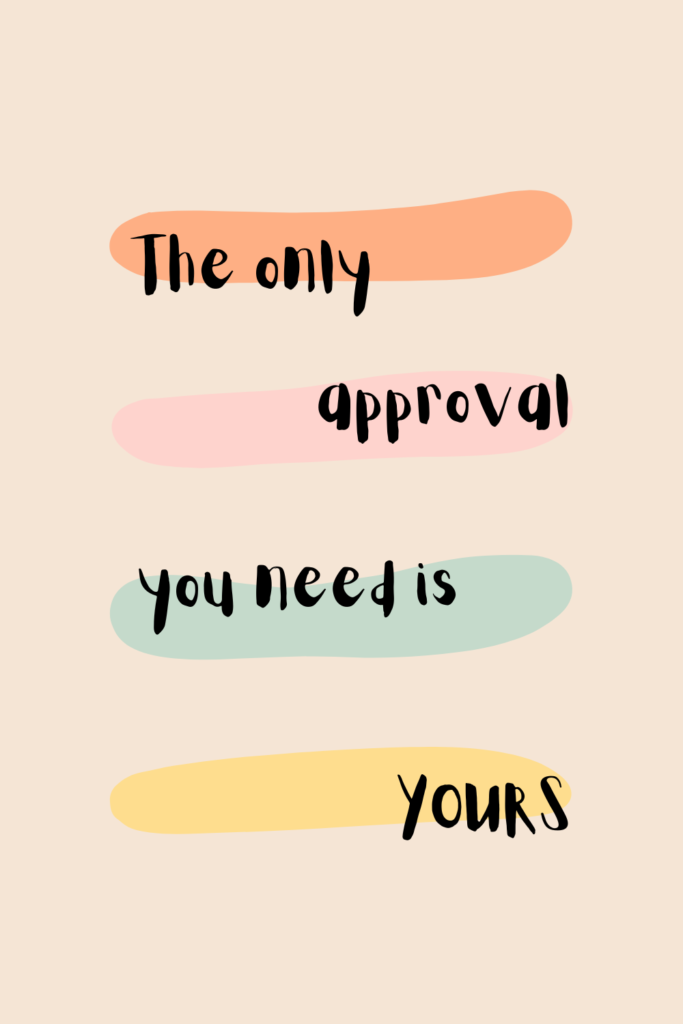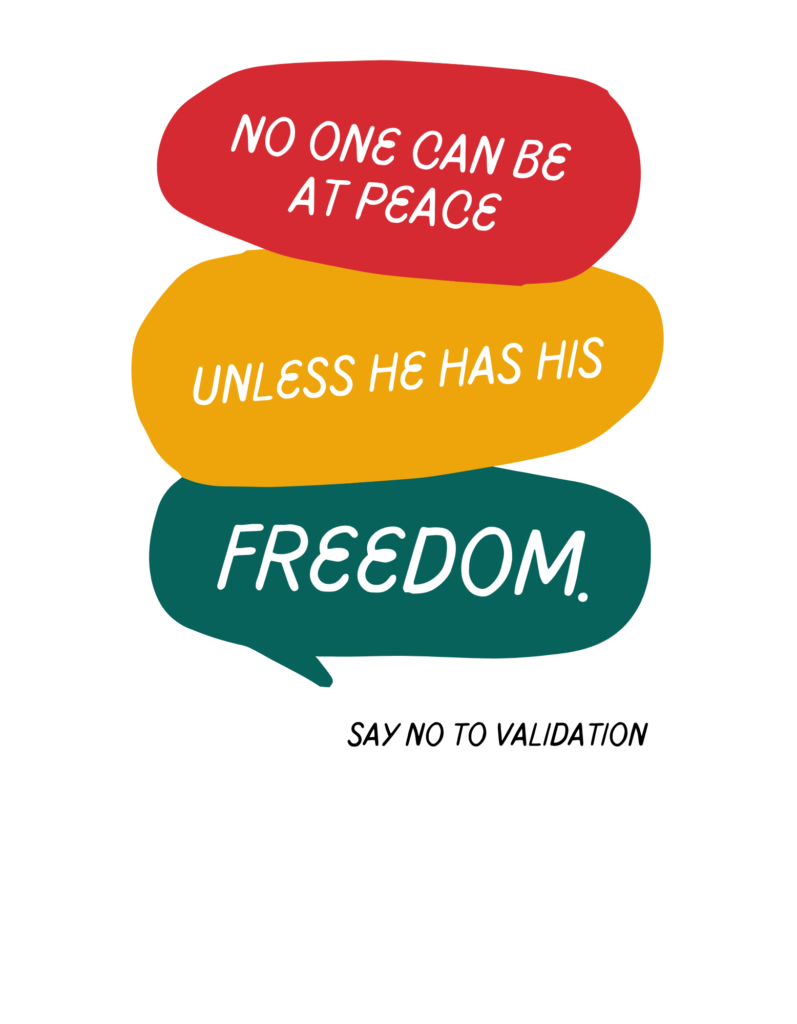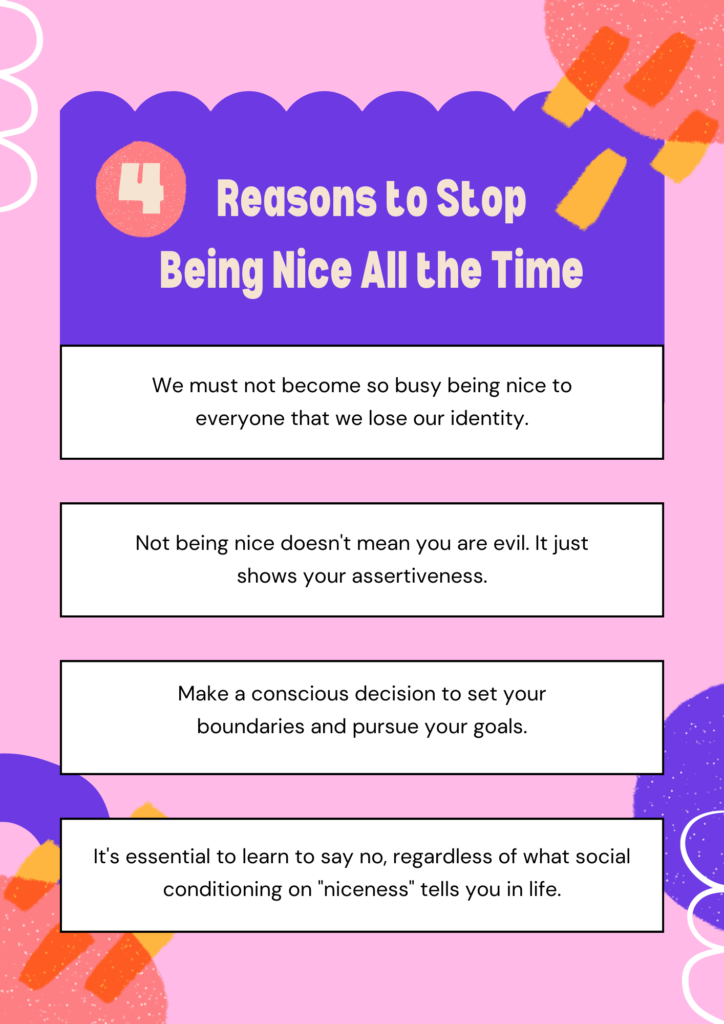“Validation is like a drug, and seeking it constantly can be addictive. But is it worth sacrificing our self-confidence and well-being for? And how can we break free from this cycle of seeking external approval? What are the consequences of seeking validation at every point in our lives, and how can we develop a strong sense of self-worth that is not dependent on others? These are the questions we must ask ourselves if we want to lead a fulfilling and confident life.”
Validation is a crucial aspect of our lives. It’s the feeling of being accepted, appreciated, and loved by others, which can make us feel good about ourselves. However, seeking validation at every point in our lives can ruin our self-confidence and create unhealthy life practices.
Validation is the process of seeking approval or acceptance from others. It can manifest in various forms, such as seeking praise for our accomplishments, seeking compliments for our physical appearance, or seeking approval for our opinions. While validation is essential to our emotional well-being, seeking it constantly can lead to a dependence on others for our self-worth.
The need for validation often arises from low self-esteem or a lack of confidence in our abilities. We may seek validation to compensate for our perceived shortcomings, and when we don’t receive it, we may feel unworthy or inadequate. This constant need for validation can be exhausting, both emotionally and mentally, as it creates an unhealthy cycle of seeking external approval.

Seeking validation at every point in life can also lead to unhealthy life practices, such as perfectionism and people-pleasing. Perfectionism is the belief that one must be perfect in all aspects of life, which can lead to an unrealistic and unattainable standard. This can create anxiety, stress, and a constant feeling of failure when one fails to meet these expectations. People-pleasing, on the other hand, is the need to please others at the expense of one’s own needs and desires. This can lead to a lack of assertiveness and self-confidence, as one becomes reliant on others for validation.
Furthermore, seeking validation from others can also lead to a lack of self-awareness. When we rely on external validation, we may fail to recognize our own strengths and weaknesses, which can hinder our personal growth and development. We may also miss out on valuable feedback and constructive criticism, which can help us improve and grow.
So, how can we break the cycle of seeking validation at every point in life? The key is to develop a sense of self-worth that is not dependent on external validation. This can be achieved through self-reflection, self-care, and self-compassion. By acknowledging our strengths and weaknesses, taking care of ourselves, and showing ourselves kindness and compassion, we can develop a strong sense of self-worth that is not reliant on others.
It’s also essential to recognize that seeking validation from others is not necessarily a bad thing. It’s natural to seek validation and acceptance from others, but it’s important to ensure that it’s not the sole source of our self-worth. Seeking validation should be a positive and supportive experience that reinforces our self-confidence and self-worth, rather than a negative and exhausting cycle of seeking external approval.

I will give you 10 points why not to seek validation from others :
- Seeking validation from others can lead to a dependence on external approval, which can be emotionally and mentally exhausting.
- Constantly seeking validation can create an unhealthy cycle of seeking external approval that can be difficult to break.
- Seeking validation can lead to a lack of self-awareness, as we may fail to recognize our own strengths and weaknesses.
- Relying on external validation can hinder our personal growth and development by preventing us from recognizing and addressing our flaws.
- Seeking validation from others can lead to a lack of assertiveness and self-confidence, as we become reliant on others for validation.
- Constantly seeking validation can lead to anxiety, stress, and a constant feeling of failure when we fail to receive the validation we seek.
- Seeking validation can also create an unrealistic and unattainable standard of perfectionism that can be detrimental to our mental health.
- Seeking validation from others can lead to people-pleasing, which can be harmful to our relationships and personal well-being.
- Constantly seeking validation can prevent us from being true to ourselves and living authentically.
- Developing a strong sense of self-worth that is not dependent on external validation can lead to a more fulfilling and confident life.

Seeking validation at every point in life can ruin our self-confidence and create unhealthy life practices. While validation is crucial to our emotional well-being, it’s important to develop a sense of self-worth that is not dependent on external validation. By practicing self-reflection, self-care, and self-compassion, we can break the cycle of seeking validation and develop a strong sense of self-worth that is not reliant on others.
